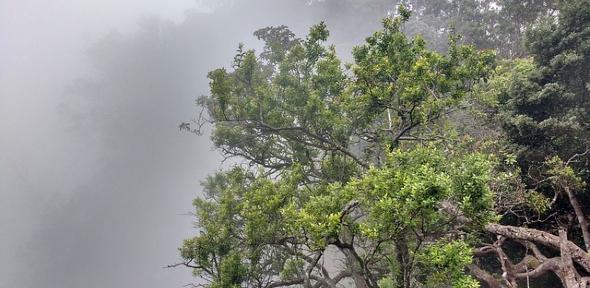
Study analyses major carbon offset projects, and finds that – of a potential 89 million credits – only 5.4 million (6%) were linked to additional carbon reductions through tree conservation.
The majority of carbon offset schemes are significantly overestimating the levels of deforestation they are preventing, according to a study published in Science. This means that many of the “carbon credits” bought by companies to balance out emissions are not tied to real-world forest preservation as claimed.
An international team of scientists and economists led by the University of Cambridge and VU Amsterdam found that millions of carbon credits are based on crude calculations that inflate the conservation successes of voluntary REDD+ projects. Consequently, many tonnes of greenhouse gas emissions considered “offset” by trees that would not otherwise exist have, in fact, only added to our planetary carbon debt, say researchers.
REDD+ (Reducing Emissions from Deforestation and forest Degradation in developing countries) schemes generate carbon credits by investing in the protection of sections of the world’s most important forests – from the Congo to the Amazon basin. These credits represent the carbon that will no longer be released through deforestation. Organisations and individuals can then offset their own carbon footprint by purchasing credits equivalent to a given quantity of emissions.
"These projects have already been used to offset almost three times more carbon than they have actually mitigated through forest preservation...
Potential buyers benefit from consistently low prices created by the flood of credits. It means that companies can tick their net zero box at the lowest possible cost,"
Professor Andreas Kontoleon, Dept of Land Economy
Carbon credit markets have exploded in recent years. Over 150 million credits originated from voluntary REDD+ projects in 2021, with a value of US $1.3 billion. Some companies use carbon offsetting to claim progress towards “net zero” while doing little to reduce greenhouse gases, say researchers.
"We used real-world comparison sites to show what each REDD+ forest project would most probably look like now, rather than relying on extrapolations of historical data that ignore a wide range of factors, from policy changes to market forces," Dr Thales West, a Fellow of the Centre for Environment, Energy and Natural Resource Governance (University of Cambridge), now based at VU Amsterdam.
Read the full University of Cambridge article
Publication: Action needed to make carbon offsets from forest conservation work for climate change mitigation (2023) - Science
Image credit: Kidaikanal

